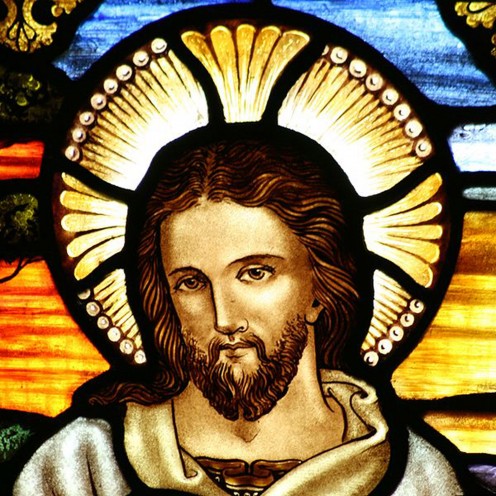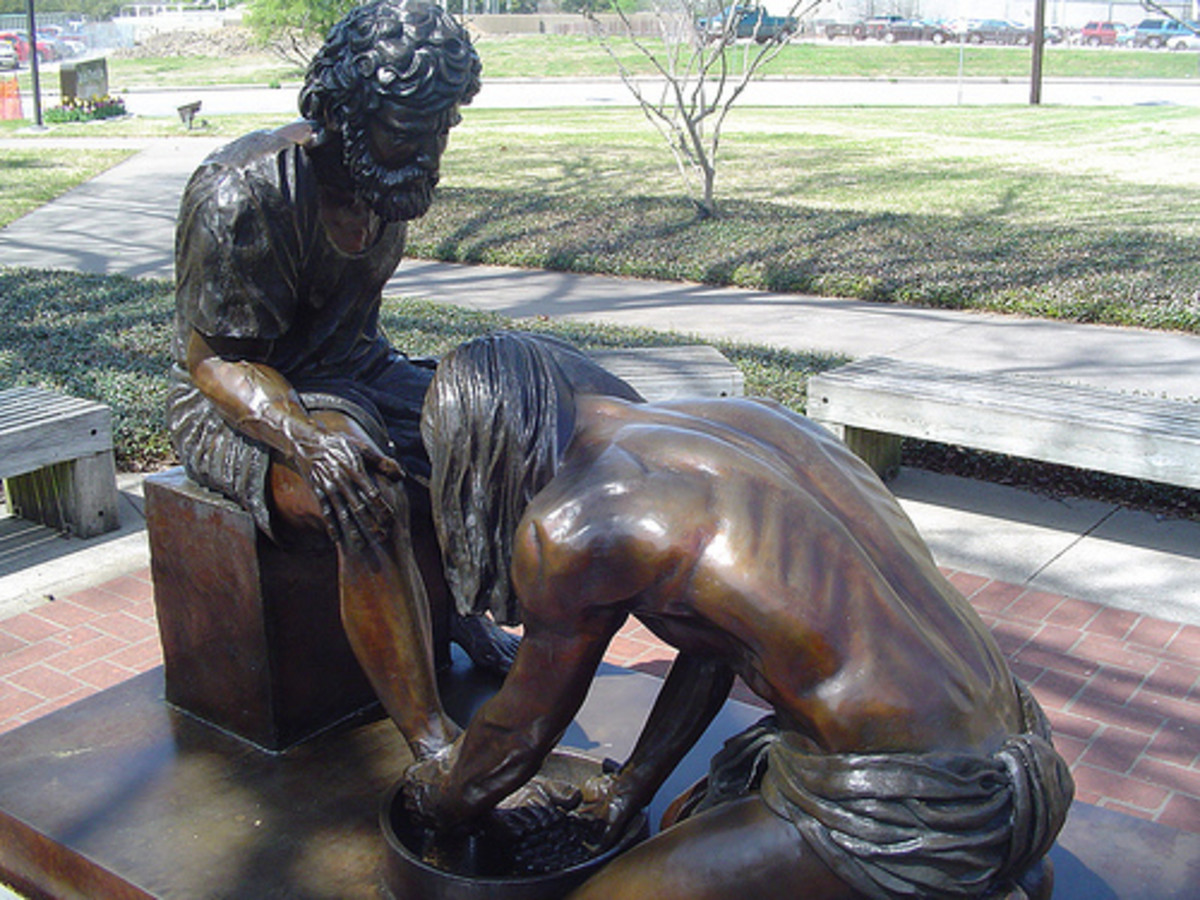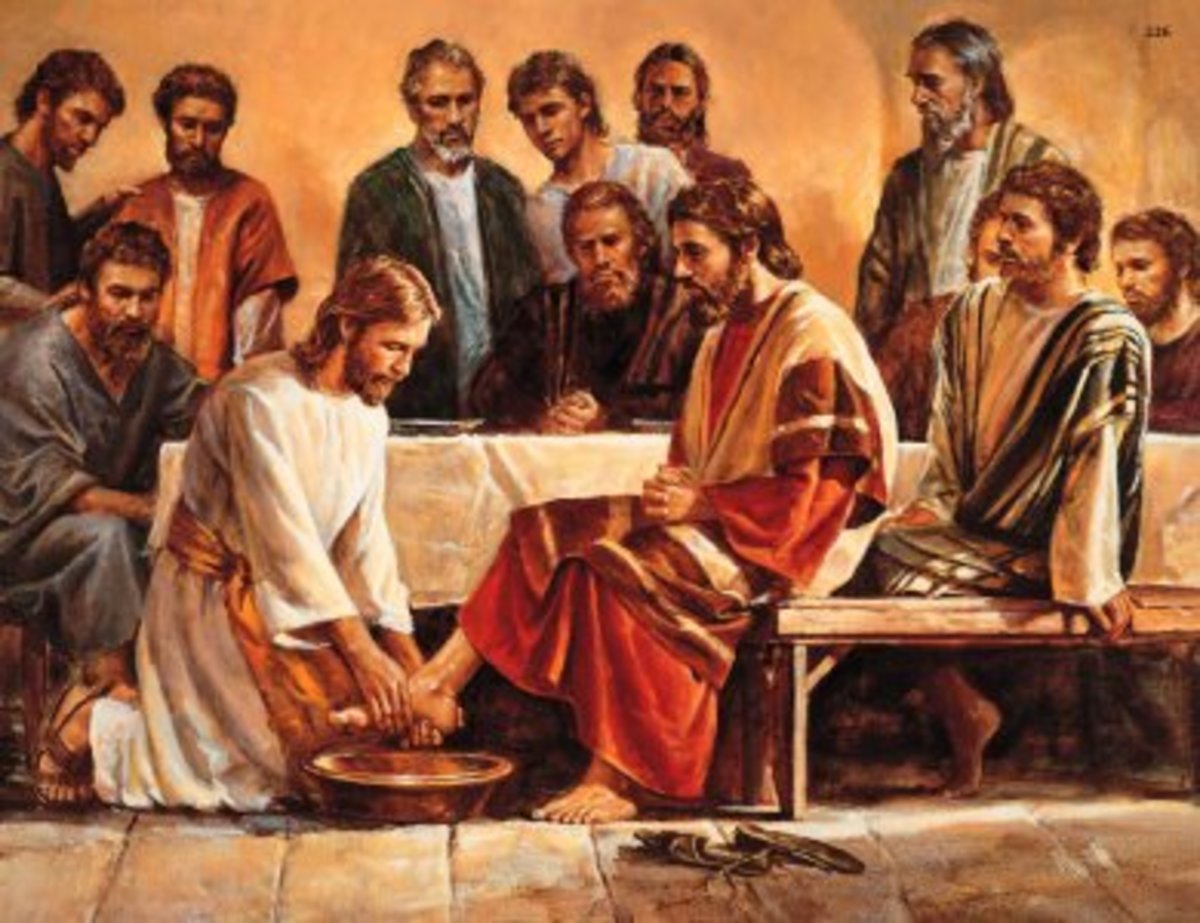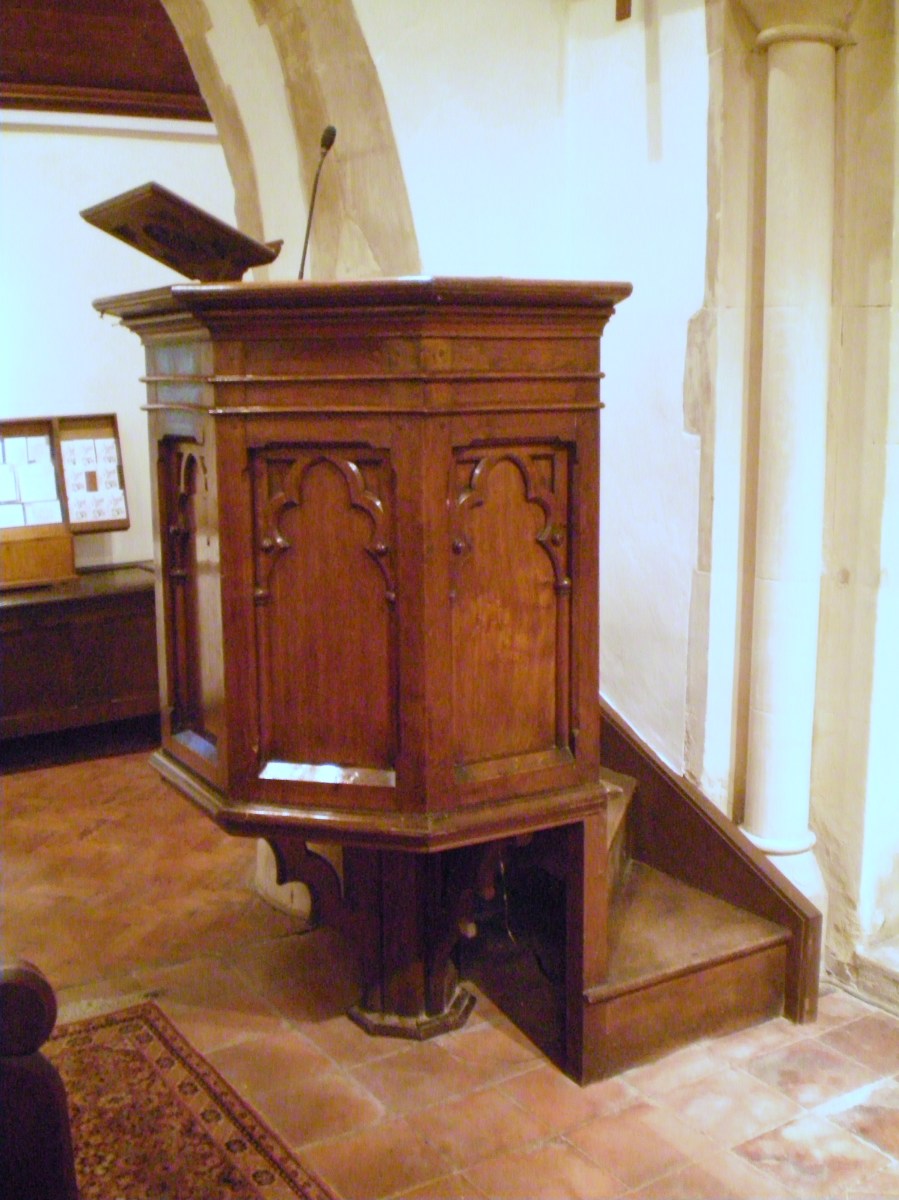The APOSTLES of CHRIST - The Apostolic Conference and The Jerusalem Council - (PART 6)
"His purpose was to create in himself one new humanity. . ." (Eph. 2:15)

The COUNCIL of JERUSALEM
The Council of Jerusalem (or Apostolic Conference) is a name applied by historians to an early Christian council that was held in Jerusalem and dated to around the year 50 A.D. It has not been established to have been the very first council of the new Christian community's leaders, but it is the first one of which Biblical records exists (Galatians 2, Acts 15, and in the writings of the Church Fathers). This council however, was one of the most significant steps towards the unification of the early Christian church and the establishment of important doctrinal issues. Many of the apostles and missionaries had returned from abroad and tensions were arising in the newly converted Gentile churches. There were issues pertaining to specific doctrine, especially in regards to what had been the prevailing Hebrew customs observed in the past by the Jewish people, as well as what was considered to be appropriate practices by the temples and synagogues. The issue was over how the church laws would apply to the newly converted Gentiles without creating a "double standard".
At the time, most followers of Jesus Christ (which historians refer to as "Jewish Christians") were Jewish by birth and many converts would have even considered themselves a newer sect, that was still part of Judaism (like the Pharisees, Essenes, and Sadducees) versus "Christians" (which was a term that had not been widely used yet). The Jewish Christians still affirmed every aspect of contemporary ("Second Temple") Judaism with the addition of the belief that Jesus was the "Messiah". These early Jewish Christians were probably and more appropriately a closer equivalent to "Messianic Jews" today, than they were anything else.

The only significant difference between the faith of the traditional orthodox Jews and the newer sect of "Jewish Christians", was in the belief of whether or not Jesus Christ was actually the prophesized "Messiah" from the Hebrew tradition, as fortold by the Old Testament prophets. The Christians of course professed the fact that the ressurected "Christ" ("the anointed one") is this person and indeed was the actual personification of God incarnate in the flesh. The traditional Hebrew sects of course were also slowly beginnig to acknowledge the many miraculous accounts attributed to Jesus, but at best, they still would only consider Him as perhaps a "Greater Prophet" in the same class as those such as Elijah or Moses (which incidentally, were the two glorfied souls who came to honor Christ at His transfiguration -Matthew 17:3). To the traditional orthodox Jews however, the claim of His followers that Jesus was in fact the divine "son of God" or the "Messiah", was fervently regarded as blasphemy to the temple or herecy and treason to the state.
Additionally, as Judea was an occupied nation (under the Roman empire and formerly the Greeks), any support of monotheism went completely against the pagan polytheistic system of religion and potentially undermined their authority and governance. Therefore, this newly risen form of religious belief went against both prevailing conventions of thought in the region of Judea and was becoming increasingly more dangerous to the government of the state and the well being of their society (in their opinion). Christianity was inciting confrontation and was asking for problems within the communities where ever it was taught.
According to the Book of Acts however, the main purpose for this historical meeting by the Jerusalem Council (or Council of Jerusalem), was to resolve a disagreement that had originated in Antioch (which was starting to have much wider implications) and was spreading discontent amongst the Gentile converts. The main issue started with the Hebrew custom and sacred practice of cicumcision. Since circumcision was considered the "everlasting" outward physical sign of the Abrahamic Covenant (Genesis 17:9-14), some of the former Pharisees who had become believers, insisted that it was "needful to circumcise them, and to command the Gentiles to keep the law of Moses". Some converted priests were even insisting that adult Gentile males were still "unclean" (although they had already received the grace of God and had been baptised by both water and the Holy Spirit) and therefore would have to be circumcised before they would be permitted entrance into the temple or a place of worship. To the Gentiles of course, this was viewed as discrimination and pious segregation on behalf of the Jews, who already looked down upon them as "outsiders". As a result, a "double standard" scenario was already evolving in some of the churches of Judea.
That was the primary issue which was addressed but other matters also arose, as the later Apostolic Decree indicates. The dispute was between those who were adherent to the "Pillars of the Church", led by the first Bishop of Jerusalem, James the Just (James the younger), who believed in following their specific interpretation of the "Great Commission", and that the church must also observe the Hebrew Torah (the laws of traditional Orthodox Judaism) which was also taught and used by Jesus during His ministry. This was in contrast to the supporters ofthe Gentiles such as Barnabus and Paul of Tarsus, who believed there was no such basis for this, stating that Jesus taught under the terms of the "New Covenant" (Hebrews 8:8-12) and that He was it's mediator: "For if that first covenant had been faultless, then no place would have been sought for a second" (Hebrews 8:7), thus changing the necessity for many of the "Mosaic Laws" of the Old Testament. Paul also further states that both Jews and Gentiles are one in Christ: "But now in Christ Jesus you who once were far away have been brought near by the blood of Christ." (Ephesians 2:13-22)
"For he himself is our peace, who has made the two groups one and has destroyed the barrier, the dividing wall of hostility, by setting aside in his flesh the law with its commands and regulations. His purpose was to create in himself one new humanity out of the two, thus making peace, and in one body to reconcile both of them to God through the cross, by which he put to death their hostility. He came and preached peace to you who were far away and peace to those who were near. For through him we both have access to the Father by one Spirit."
"Consequently, you are no longer foreigners and strangers, but fellow citizens with God’s people and also members of his household, built on the foundation of the apostles and prophets, with Christ Jesus himself as the chief cornerstone. In him the whole building is joined together and rises to become a holy temple in the Lord. And in him you too are being built together to become a dwelling in which God lives by his Spirit."
This may be interpreted as saying that the Jews and Gentiles are not to be distinguished separately in any way, including their mutual relationship to the Mosaic Law. Only one standard could exist in the church for both and that it would be the same law for everyone (of any nation) in the future.
The First Apostolic Decree
Advice in support of this was likewise offered by Simon-Peter (Acts 15:7–11) and the council finally decided after a great amount of debate, that Gentile converts to Christianity were not obligated to keep most of the Mosaic Law, including the rules concerning the circumcision of males being necessary. The original Laws of Moses (the Ten Commandments) would be adhered to as the basis for the moral code of ethics for the church. The council did however retain the prohibitions against eating blood, or eating meat containing blood, or meat of animals not properly slain, and the more detailed definitions of the Mosaic law pertaining to fornication and idolatry. The rest of the Mosaic Laws were agreed to all still be good practices for their obvious reasons but were not to be considered as mandatory rules by the church. Likewise and more importantly, the law was also not to be considered as necessary for the purposes of salvation under the New Covenant through Christ (which is achieved through God's grace alone).
The decision of the council was announced by James the Just, as leader of the Jerusalem Church, and later would become known as the "Jerusalem Decree", one of the first executive decisions levied by the early Christian church. This Apostolic Decree was considered a binding doctrine for any and all of the other local and foreign Christian congregations, both then and in the future. It resolved the differences between both faiths physically and spiritually according to the teachings of Jesus Christ as the foundation of the "Church of the New Covenant".
Thus "Christianity" was officially born as a new and unique religion.
-------------------------------------------------------------------------------------------------------
-------------------------------------------------------------------------------------------------------

-------------------------------------------------------------------------------------------------------
- (QUIZ) Can You Name the First (13) Apostles of Jesus Christ? - The APOSTLES (PART 1)
Just a quick test of your memory - Can you name the original 12 Apostles and the one who followed after (the 13th Apostle)? - APOSTLES (PART 2) - The First Anointed Ones
The first "anointed ones". Those persons that were called by God and the Holy Spirit to recognize Jesus Christ as the "Messiah" and pronounce His arrival, including the "fishers of men" and "the Rock". - APOSTLES (PART 3) - The Original Disciples of Christ
The original disciples that became the first 12 Apostles of Jesus Christ, who helped to establish the hierarchy of the early Christian Church. This also includes the demise of the "fallen Apostle" and his replacement (the 13th Apostle). - APOSTLES (PART 4) - The "Seventy" Disciples - Seven Deacons & The Evangelists
The "Seventy Disciples" were chosen and sent out by Jesus after His Tranfiguration, to saturate Judea with the gospel, before His arrival in Jerusalem prior to "Palm Sunday". These people would later become the founding members of the early church. - APOSTLES (PART 5) - The "Seventy" Disciples - The Apostleship and Ecclesiastes
The original Disciples became the Apostleship of the first ecclesiastic council. As their ranks grew organizationally the numbers of the discipleship likewise increased. The ministry also grew to include the evangelism of Gentiles in foreign lands. - APOSTLES (PART 6) - The Apostolic Conference and the Jerusalem Council
*(CURRENT ARTICLE) - APOSTLES (PART 7) - Elders of the Disciples & Early Patriarchs of the Church - (A - H)
Alphabetical Listing (A-H) - (Part One) The ranks of these disciples are the more prominent patriarchs of the early church. These people and the elect others who followed, would establish the ecclesiastic hierarchy for the future Christian Church. - APOSTLES (PART 8) - Elders of the Disciples & Early Patriarchs of the Church - (I - Z)
Alphabetical Listing (I-Z) - (Part Two) These disciples and the elect others that followed, became the patriarchs and elders of the early church. They would establish the foundation of the ecclesiastic hierarchy for the future of Christian Church. - APOSTLES (PART 9) - Women Disciples and Lady Patriarchs of the Christian Church
Not many people realize the extent to which women were involved in the early Christian church or how they fit into the ranks of the Apostles and Ecclesiastic Discipleship today.
- (COMING) APOSTLES (PART 10) - The "Beloved Disciple" - Who was the un-named Disciple that “Jesus loved” best in the Gospel? Was it Lazarus, or John the brother of James, or someone else altogether? This topic has been questioned by scholars over the ages and the general consensus agreed to by most theologians is...
- (COMING) APOSTLES (PART 11) - The "Apostle to the Gentiles" and Early Christian Church - The Apostle Paul becomes instrumental in spreading Christianity to the Gentiles, but the Romans fights back. Eventually, the new "Holy Roman Empire" would rise and dominate the scene of Christianity, setting the standard for the future of the church.
- (COMING) APOSTLES (PART 12) - The HOLY ROMAN Empire and Orthodox Religion - The Apostle Paul becomes instrumental in spreading Christianity to the Gentiles, but the Romans fights back. Eventually, the new "Holy Roman Empire" would rise and dominate the scene of Christianity, setting the standard for the future of the church.
-------------------------------------------------------------------------------------------------------
-------------------------------------------------------------------------------------------------------
------------------------------------------------------------------------------------------------------


Building for the glory of Christ's coming Kingdom!
Here on the HubPages® of The Faith Network, we are laying down the framework for an extended internet-based Ministry and outreach. More content will be added on a regular basis... We invite you to check back often and see what is new.
The FAITH NETWORK provides and promotes practical Biblical teaching, dedicated devotional topics, relevant faith-based resources, and powerful spiritual insights on matters of faith and everday moral living practices for individuals, churches, charitable organizations, Christ-based businesses, and other ministry related efforts.
While you are browsing, see how other Christian HubPages® Authors are writing useful information and creating successful Hub websites. Also check out the official Hub Page Community on Christianity-The Bible and Jesus.
Pastor's Blog - http://www.ForeverinChrist.org
Ministry Site - http://www.Christ4Ever.org
More information about us here on HubPages: http://hubpages.com/hub/Forever-in-Christ
God bless and see you all soon!








